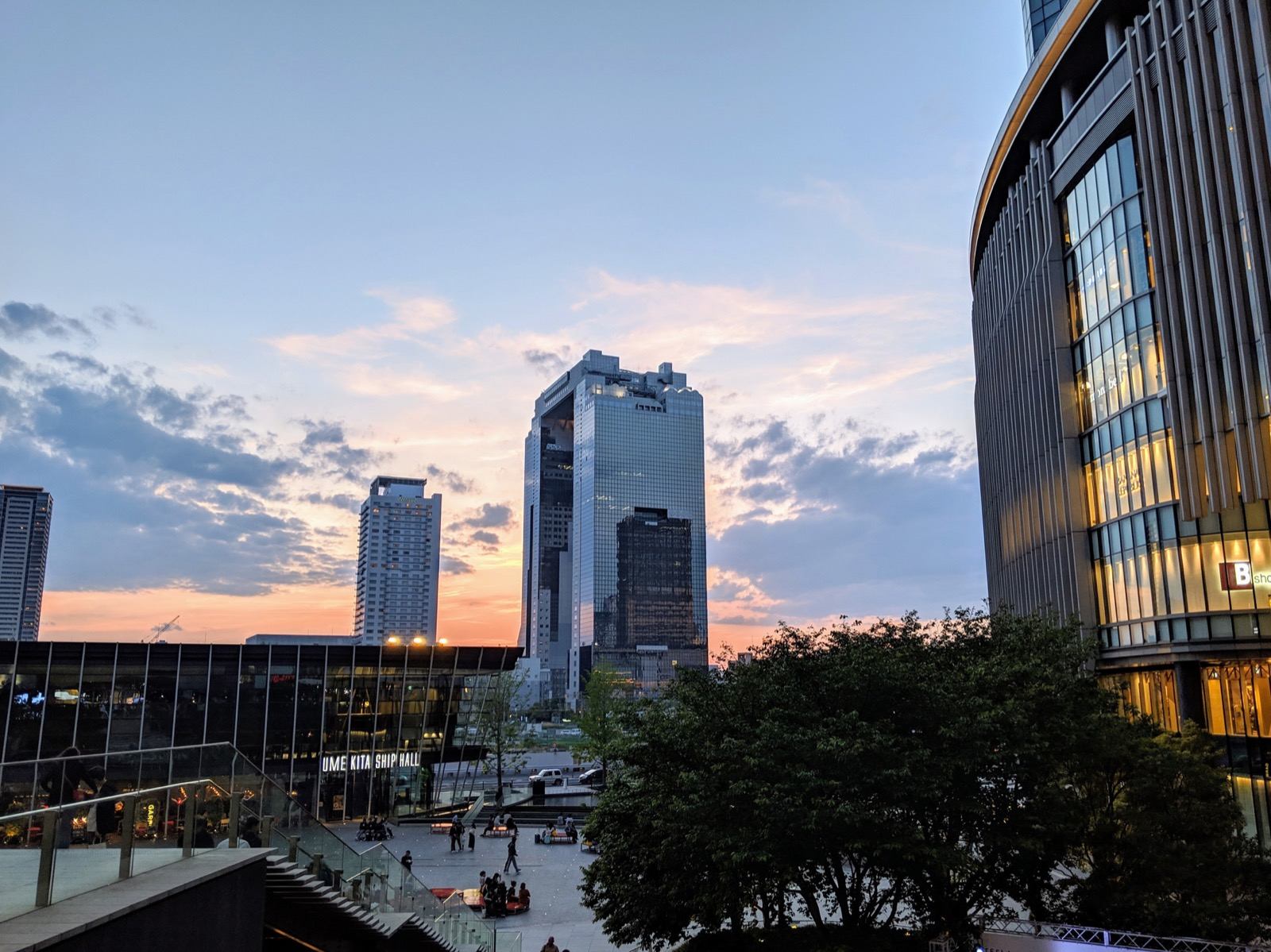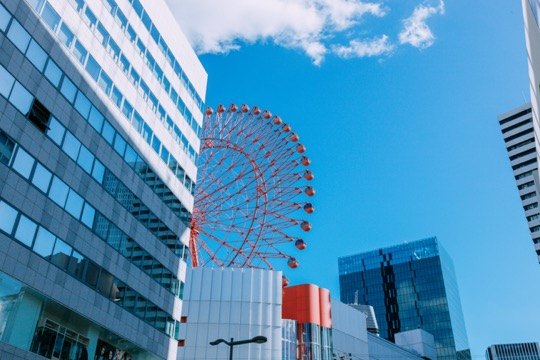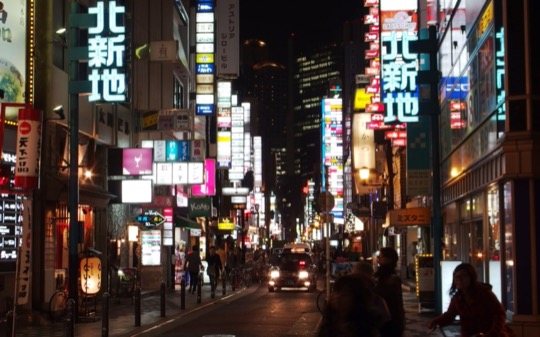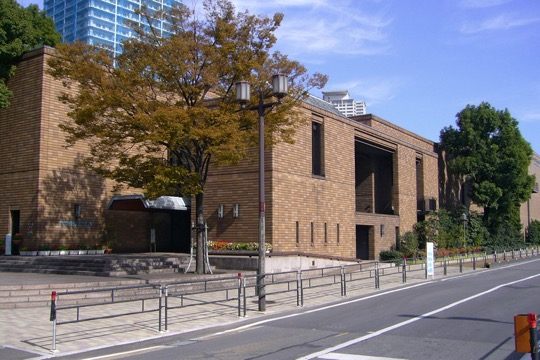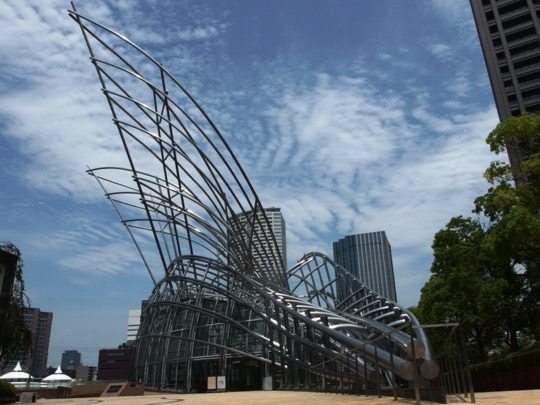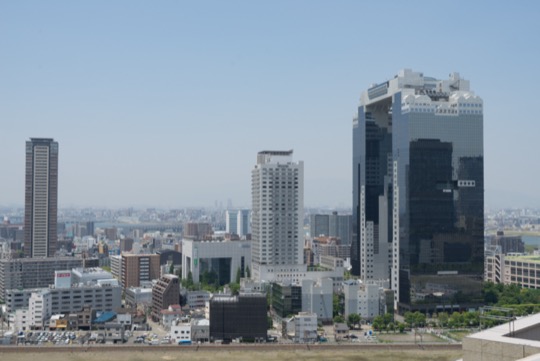On This Page
Osaka’s Kita district, combining modernity and tradition, is a lively center of economic activity, cultural experiences, and entertainment. It is characterized by prominent high-rise buildings and important cultural institutions.
Kita, the northern part of Osaka, is one of the city’s primary urban areas, alongside Minami to the south. It has played a central role in Osaka’s economic and cultural development. As a business district with deep historical roots, Kita provides a window into Japan’s heritage as well as its contemporary life.
The district’s rise to economic prominence began during the Meiji Restoration, as Osaka became an important commercial center. Its evolution continued in the 20th century with the development of its transportation infrastructure and retail establishments, solidifying its reputation as a central retail and business area.
Kita experienced significant damage from air raids in World War II, yet it quickly rebounded in the post-war period, leading Osaka’s economic resurgence. Today’s skyline, with its modern high-rises, reflects this era of reconstruction and growth.
Notable landmarks include the Umeda Sky Building, completed in 1993, which is a notable example of innovative design and features an observatory offering sweeping city views. Additionally, the HEP FIVE Ferris Wheel, perched on a shopping complex, provides a unique perspective of Osaka’s urban landscape.
Cultural institutions like the Osaka National Museum of Art, reestablished at its current location in 2004, and the Museum of Oriental Ceramics, Osaka, founded in 1982, are integral to Kita. The former offers a modern art collection in a striking underground setting, while the latter presents an impressive assemblage of ceramics that signifies the district’s historical engagement with international trade.
Kita’s shopping districts, such as Umeda, cater to a variety of tastes, from luxury brands to traditional markets. The cultural venues, offering a respite from the energetic urban environment, allow visitors to delve into Japan and Asia’s artistic and historical depths.
Kita embodies the collective ethos of Osaka’s hardworking population. Its transformation from a post-war recovery zone to a bustling commercial area mirrors the city’s spirit of resilience and progress.
Kita remains a vital part of Osaka, with its appeal to both tourists and locals who are attracted to its vibrant mix of commerce, culture, and entertainment.
Around Kita
Highlights around Kita
Museum of Oriental Ceramics, Osaka
Housing the Ataka and Lee Byung-chang collections, this museum is a treasure trove of East Asian ceramic art.
Umeda Sky Building
An iconic skyscraper in Osaka, featuring the distinctive Floating Garden Observatory.
